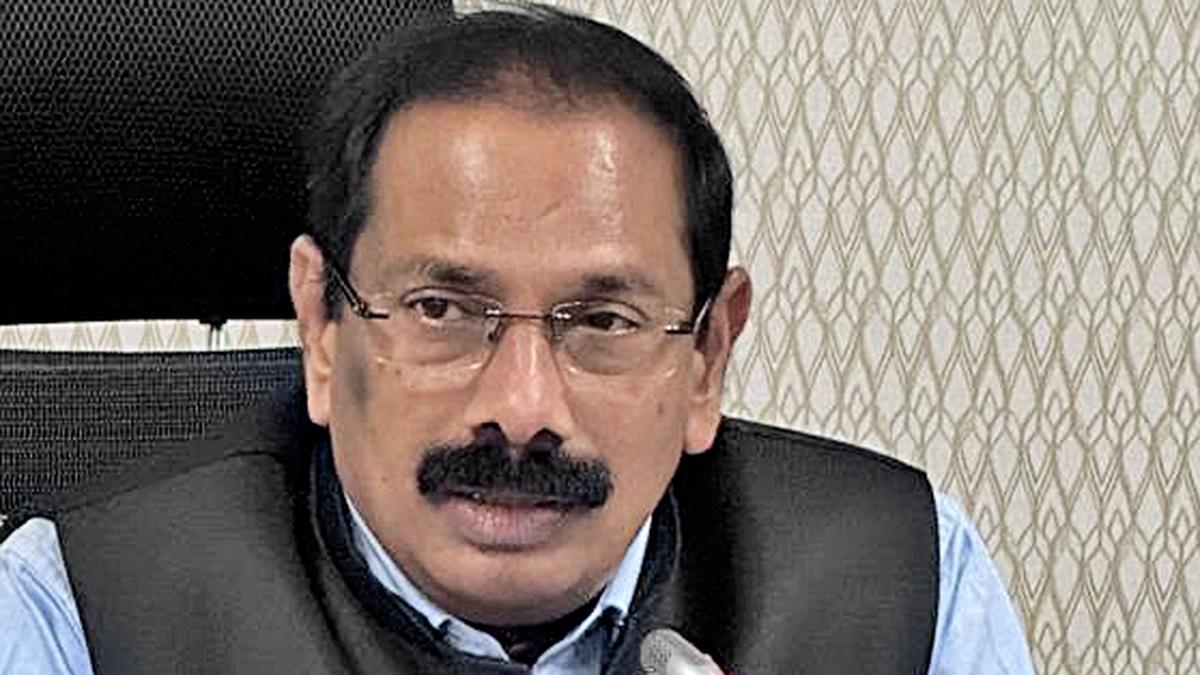By Cyclone Alfred
Copyright smh

Then minister Bowen finally releases Australia’s climate risk assessment; forecasting “high” to beyond “severe” risks in every one of Australia’s key systems by 2050. It would be laughable if it weren’t so serious. Timed to support Bowen’s Goldilocks 2035 target for domestic emissions, announced on Thursday; a 62 to 70 per cent reduction. Not too hot to burn the fingers of our fossil fuel economy, but apparently not cool enough to avoid any of the forecast calamities. And when will our growing fossil fuel exports even get into the equation? Isn’t it time for Australia to decide which is more important – the money or the children? Tom Hunt, Oak Flats
Sussan Ley has casually dismissed hundreds of pages of detailed work by Treasury, the Climate Change Authority, the CSIRO and others because Anthony Albanese once promised a $275 reduction in electricity bills. While we are heading down the memory hole, I recall that around that time, the Coalition hid a report from the Australian public that clearly stated electricity prices would rise due to the price of gas despite the promises made and the taxpayer funds that went into their “gas-led recovery”. Now it is dishonestly trying to blame renewable energy. The Coalition has zero credibility on electricity pricing. Graeme Finn, Campsie
Not that further evidence was needed, but the latest modest climate targets emphasise that major reform is not a priority for an Albanese-led government. It’s rather a bit of policy tinkering at the edges that minimises voter blowback, which coupled with an inept opposition sets up a minimum three terms, if not more. It’s a similar story with housing, budget repair, levels of debt and boosting productivity, the result being a mountain of rubbish that will have to be cleaned up further down the track, by which stage the current lot will be basking in a self-congratulatory glow in retirement. Mike Kenneally, Manly
Regarding the article on climate change targets, one thing stands out: the slow adoption of zero emission vehicles. When a fossil fuel-powered vehicle is sold, CO2 emissions are locked in for decades to come, barring some huge advances in fuel technology. Sure, it is going to take some time to phase out existing fossil fuel vehicles. But let’s mandate, with immediate effect, that all new cars, trucks and buses are zero emission, other than vehicles already on a ship. The existing pool of fossil fuel-powered cars should last long enough for the infrastructure to be upgraded for zero emission cars. Rasmus Torkel, Rockdale
The single biggest thing the government can do for climate change alleviation is to subsidise EV sales. The typical commute is less than 100km (round trip). A typical EV has a battery supporting a 400km range at 20 kWh per 100km. Such a vehicle, charged during the day from solar, could easily deliver the 10-20 kWh needed by the owner’s house in the evening peak. Car-to-grid technology gives a double win: reducing transport pollution while removing household energy demand. The government should be giving EVs away rather than taxing them. China has a huge overcapacity in EV production. We should be jumping on this as a national priority. Alan Stanley, Upper Corindi
Here’s a cheap and quick idea for reducing transport emissions; promote active transport. At present, we spend only 90¢ per person per year on active transport. Taking a few bucks away from the $714 each we all pay for roads will make a huge difference – while making us healthier and happier. Tim Hand, Balmain



